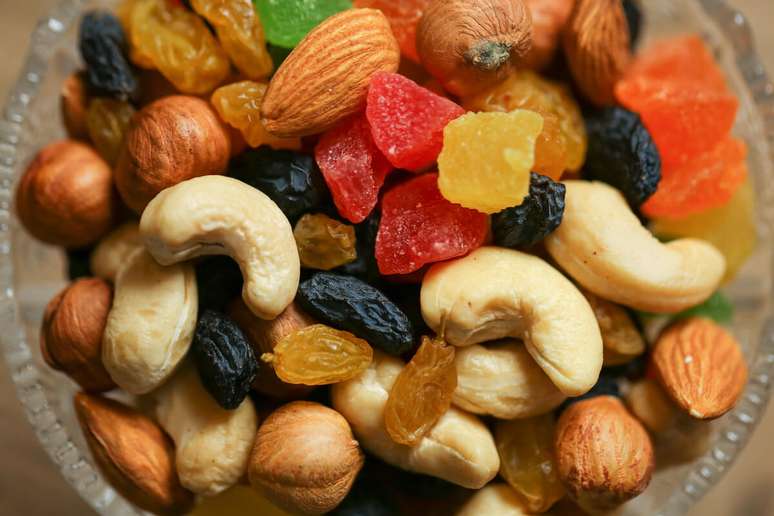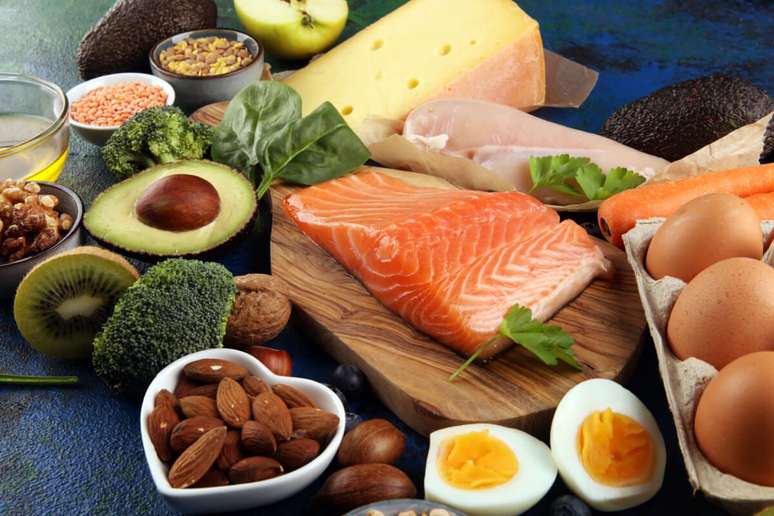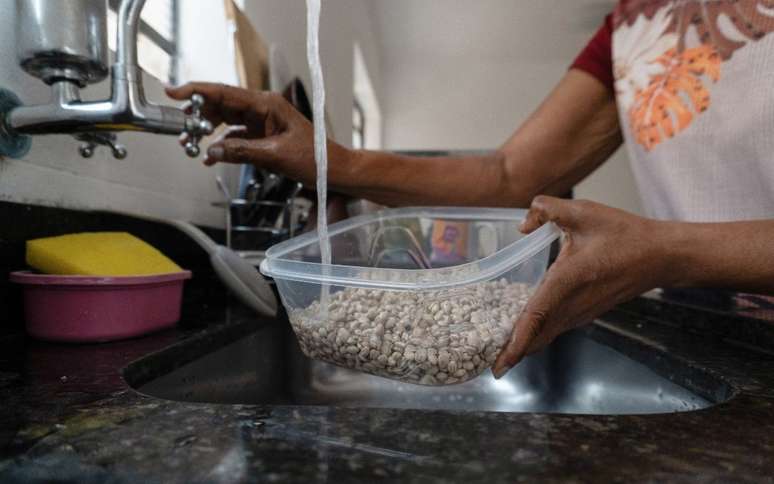The nutritionist explains how to incorporate this macronutrient into your routine in a healthy way
Every physical activity requires effort from our body, which must be rewarded. For both those who have reached the level of elite athletes and those simply seeking a healthier lifestyle, the key to success is the same: adequate nutrition that promotes best performance and helps achieve individual goals .
Among the nutrients that play a fundamental role during this process, proteins stand out, as they are important allies. Nearly 50% of humans’ total protein content is present in four proteins: myosin, actin, collagen and hemoglobin.
Made up of amino acids, they are the main structural and functional components of all cells in the body. In order for protein synthesis to occur correctly after any physical activity, a balanced intake through diet/food is necessary.
Optimal quantities of protein (neither insufficient nor excessive) stimulate this action, promoting muscle and tissue regeneration.
Optimal protein intake
Contrary to what some beliefs preach, there are no benefits to ingesting excess protein, especially when this is done “all at once” or only partially. meals. In other words, an intake that exceeds three times the recommended levels, for example, does not increase work capacity during intense training.
According to the RDA (Recommended Dietary Recommendation), a healthy adult should consume approximately 0.8 g to 1 g of protein per kilogram of body weight per day. But each person must follow their individual needs, depending on their objective and physiological or pathological condition. In general, for physically active men and women, the recommended protein intake is 1.2 g and 1.8 g of protein per kg of body mass per day.

Intermediate protein snacks
So that protein synthesis and the entire process of recovery, maintenance and muscle growthcellular and tissue occurs in the right way, in addition to knowing the daily quantities necessary for your body, it is important that consumption is divided throughout the day. Therefore, investing in protein snacks between main meals is an effective strategy.
Dairy and protein products, for example, bring together combinations and formats that can surprise and add more flavor to the menu or simply to your hectic routine. Plus, they help diversify your options. By adding ingredients to foods, such as nuts, seeds and fruit, it is possible to enhance their nutritional properties and vary your diet.
The best sources of protein before and after training
Eggs, meat in general, dairy products, legumes (peanuts, soya and derivatives, beans, chickpeas, lentil), seeds (pumpkin, sunflower, chia) and nuts (chestnuts, almonds) are excellent sources of protein to consume after training.
Supplements such as whey protein concentrate, meat protein isolate, and even plant-based protein supplements are ideal to consume both pre- and post-workout. This is because they are absorbed more quickly. In this way they provide the amino acids that the body needs in these moments and stimulate the building of muscles and tissues more efficiently.
Importance of professional support
It is important to highlight that to achieve maximum sporting performance, or a healthier life, it is necessary to have the guidance of a nutritionistwhich will create a personalized and balanced food plan. The importance of protein to overall health and well-being cannot be understated, as can the benefits of all the other nutrients the body needs to fully function.
By Liz Galvao
Nutritionist partner of Verde Campo
Source: Terra
Ben Stock is a lifestyle journalist and author at Gossipify. He writes about topics such as health, wellness, travel, food and home decor. He provides practical advice and inspiration to improve well-being, keeps readers up to date with latest lifestyle news and trends, known for his engaging writing style, in-depth analysis and unique perspectives.








